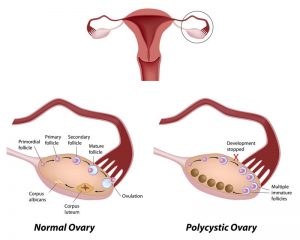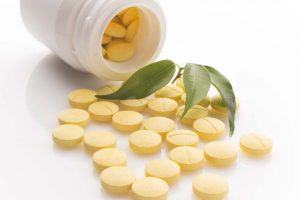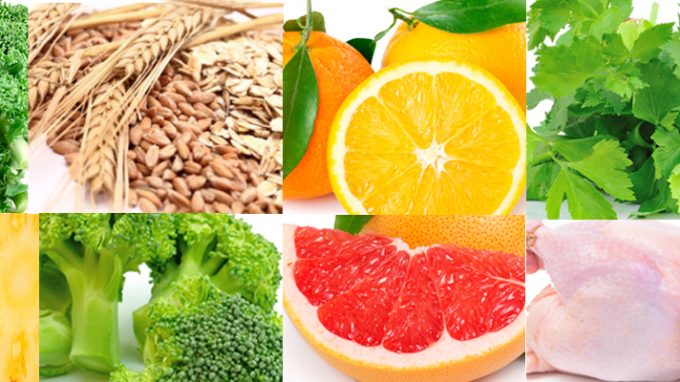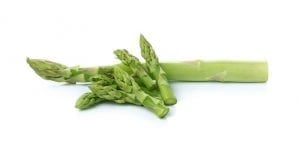 PCOS, polycystic ovary syndrome, is a hormonal disorder that is caused when a woman’s body produces too many androgens, which are the hormones that cause male physical development. Often this hormonal imbalance prevents a woman from ovulating or having regular periods, so it is a major cause of female infertility. The excess male hormones in the body keep the ovaries from issuing eggs, and the ovarian sacs that are supposed to release these eggs instead clump together to form cysts. In addition to infertility, PCOS is also associated with the development of male-pattern face and body hair, acne and weight gain. Women with PCOS who do become pregnant have difficulty carrying the pregnancy to term, leading to frequent miscarriage.
PCOS, polycystic ovary syndrome, is a hormonal disorder that is caused when a woman’s body produces too many androgens, which are the hormones that cause male physical development. Often this hormonal imbalance prevents a woman from ovulating or having regular periods, so it is a major cause of female infertility. The excess male hormones in the body keep the ovaries from issuing eggs, and the ovarian sacs that are supposed to release these eggs instead clump together to form cysts. In addition to infertility, PCOS is also associated with the development of male-pattern face and body hair, acne and weight gain. Women with PCOS who do become pregnant have difficulty carrying the pregnancy to term, leading to frequent miscarriage.
Insulin Resistance
One condition that is closely linked with PCOS is insulin resistance. Insulin resistance is the inability of cells to properly process insulin, the hormone that helps the body break down glucose in food and turn it into energy. Frequently the body responds to this lack of response by producing additional insulin, which leads to an excess of insulin in the body. Over time this imbalance leads to the development of diabetes. It is possible that insulin resistance is an underlying cause of PCOS because both conditions are caused by with hormonal imbalances. There may be a mutual link to chronic low-level inflammation caused by the obesity and lack of physical activity that is characteristic of patients with both conditions.
Beginning a PCOS-Diet
There are many things that can be done to improve outcomes with PCOS, such as avoiding skipping breakfast, and taking the right nutritional steps. One strategy for overcoming this health problem is to begin a PCOS-friendly diet, which could also be known as a fertility diet. A PCOS diet is meant to mitigate insulin resistance and prevent the patient from becoming diabetic, improve the overall condition of the uterus, as well as the chances for ovulation and reduce the likelihood of miscarriage.
PCOS Diet

When choosing carbohydrates to consume, it is best to buy products that are one hundred percent whole grain, because these products contain greater amounts of fiber and protein, which cause a slower release of energy into the bloodstream. When eating carbohydrates, it is also important to balance them with protein equally to prevent large spikes in blood sugar and further aggravation of insulin resistance. Finally, eliminating caffeine is important in a PCOS diet because it causes adrenaline to spike and also increases the production of estrogen during critical periods of the menstrual cycle which could interfere with producing viable eggs.
Click here for A 7-Day Sample PCOS Meal Plan
Click here for a guide to Creating a Fertility-Boosting Smoothie to Help with PCOS
Click here for A Guide to Fertility and PCOS-Friendly Baking
Supplements and Herbs

A multivitamin and mineral complex is recommended for PCOS sufferers as well to address any general nutritional deficiencies. Herbs that are useful include saw palmetto, which has anti-androgenic properties and can help reduce hirsutism or excess hair growth, vitex or chaste tree berry, which helps the pituitary gland to function more normally and balance progesterone levels, which causes a more regular menstrual cycle, and maca, which is a tonic for the glands that regulate hormone balance, including the pituitary glands, adrenal glands and hypothalamus. Follicle stimulating hormone (FSH), luteinizing hormone (LH), estrogen and progesterone can all come into balance when these herbs are used correctly.




